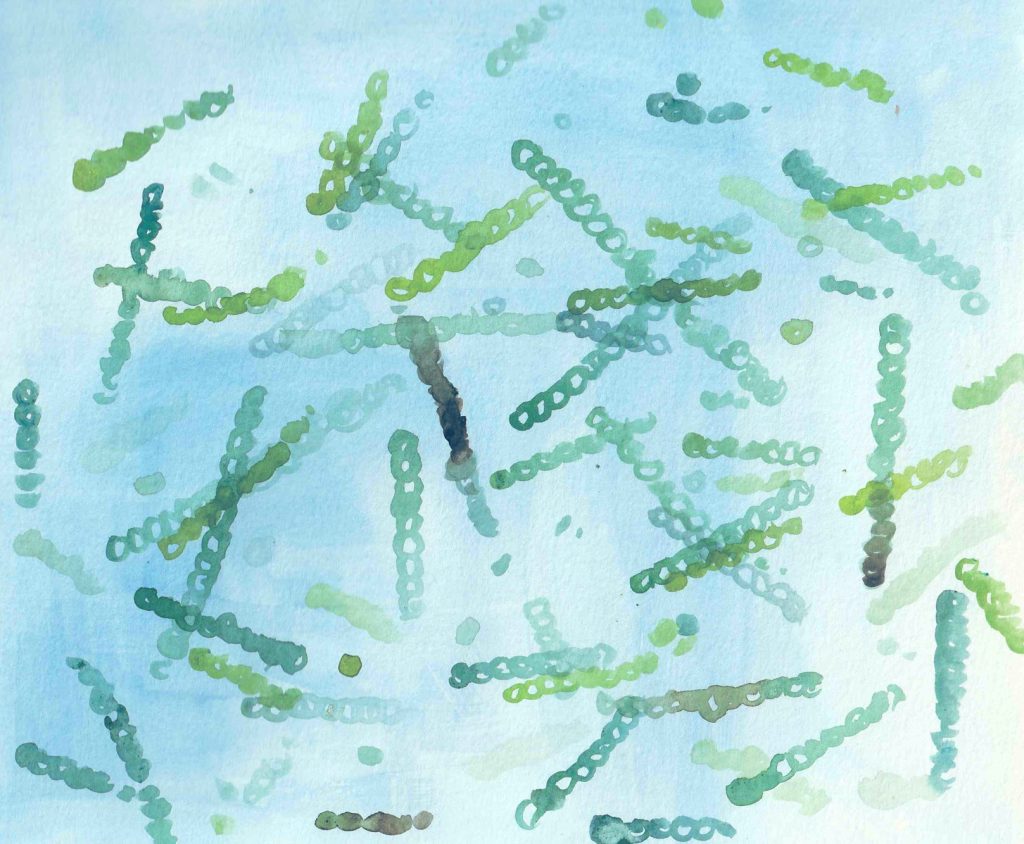As COVID-19 began its tear across the globe in early 2020, a mysterious neurological illness began to afflict small numbers of people in Eastern New Brunswick.
While not receiving the same publicity as the new coronavirus, this disease, which causes similar symptoms as Creutzfeldt-Jakob Disease, is causing serious illness in the affected individuals.
To date, 48 cases are under investigation and, of those cases, nine people have died.
No cause of the disease has been found to the frustration of many New Brunswickers, especially the family of the sick.
The provincial government promised a transparent and full investigation into the illness, yet reports have emerged of the government turning down federal help and the assistance of experts, and not conducting completely thorough tests on patients.
One such expert is Matt Betti from Mount Allison University. Betti is an expert in mathematical biology and has been a consultant for Health Canada throughout the pandemic. He believes his work can use data to help pinpoint the origin of this disease.
He reached out to the government offering to lend a helping hand and was turned down in March of 2021.
After reading the report released in October of that year, Betti feels the province is not doing enough.
91% of individuals contracting the disease reported eating lobster, yet New Brunswick claimed this fact is insignificant.
Betti says he is not comfortable reaching that conclusion and more investigation is needed.
The investigation by the province only dates back five years while Betti notes that neurological conditions often lay dormant for over ten years and a thorough investigation would have to date back at least that far.
He is currently working on putting together an independent team pending ethics approval from the university.
The average age of women affected by the disease is 54, but the range is quite broad.
One 33-year-old woman has had her active lifestyle taken from her.
Terriline Porelle’s symptoms began in 2020 with a sharp pain in her leg. They soon progressed to more serious cognitive and physical impairments. She began to bump into things while walking around the house and experienced a general loss of coordination.
She forgot how to write the letter “Q” and accidentally put her hand in a pot of hot spaghetti, burning herself.
Porelle says day-to-day life has become more challenging, but she holds out hope that the New Brunswick report expected in late January will give her answers.
However, if Betti is right, the report will be significantly lacking and may not provide the answers needed to resolve the mystery illness plaguing many New Brunswickers.




